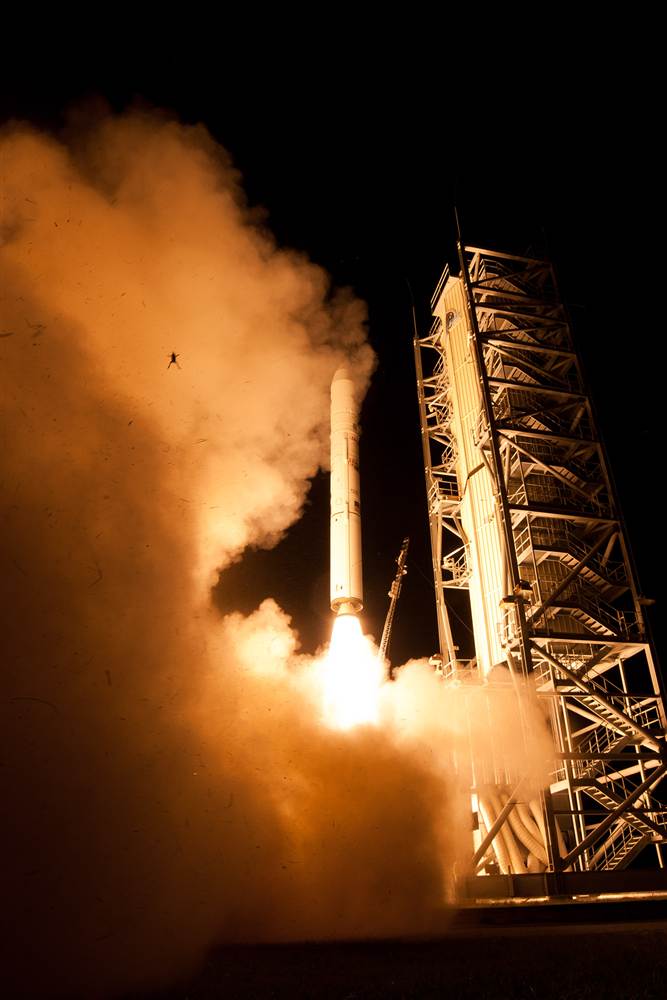The outward statecraft of the recent G20 summit in St. Petersburg, Russia, was dominated by disagreements over Syria. But behind the scenes, leaders were busy agreeing on something they rarely find common ground on: climate change. Thirty-five nations and the European Union decided to curb hydrofluorocarbons, a set of powerful heat-trapping gases used in refrigeration, air conditioning, heat pumps, and insulation. This follows a deal earlier this year between China and the United States, in which President Obama and President Xi agreed to limit these greenhouse gases.
So, what are HFCs and why are they important to climate change?
Yes, carbon dioxide is the big culprit when it comes to climate change. HFCs represent only a small fraction of total greenhouse gases — and they are short-lived compared to CO2 — but they pack a real punch in terms of what scientists call “global warming potential,” which they rate as many hundred times more powerful than that of carbon dioxide.
Bucking the general international trend in climate talks, there’s actually a history of agreement about limiting these types of gases. When scientists discovered the hole in the ozone layer in the 1980s, the world came together to sign the Montreal Protocol, phasing out the use of ozone-killing chlorofluorocarbons; that treaty is now universally ratified, and the ozone layer is recovering. Their industrial replacements were HFCs, and while these gases didn’t attack the ozone layer — Earth’s precious protective shield — they still trap a lot of heat, adding to global warming. Scientists say that if HFCs aren’t curbed in the same way as their CFC cousins, this whole family of gases — called halocarbons — could accelerate the next century’s expected warming by about 20 years.
 This story was produced as part of the Climate Desk collaboration.
This story was produced as part of the Climate Desk collaboration.




